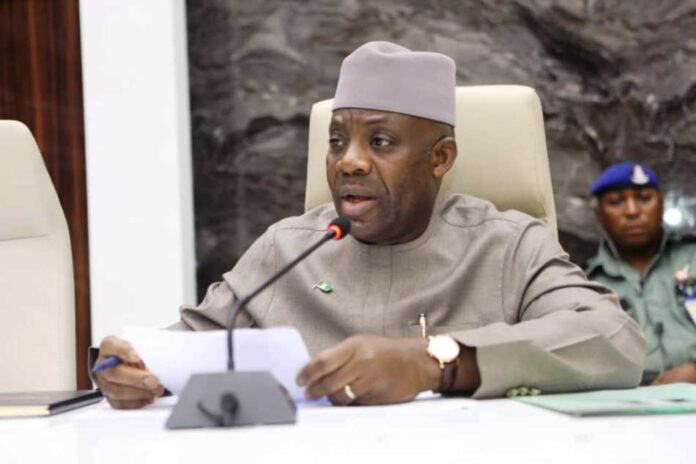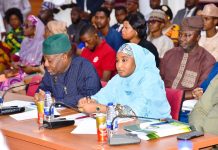The Honourable Minister of Education, Dr. Maruf Tunji Alausa, has called for a total overhaul of Nigeria’s current accreditation process for tertiary education, describing it as fragmented, costly, and counterproductive. Speaking at a stakeholders’ meeting with professional regulatory bodies held on Thursday, July 10, 2025, at the Federal Ministry of Education Headquarters in Abuja, Dr. Alausa emphasized the need to streamline accreditation under the statutory leadership of the National Universities Commission (NUC) and end what he described as a “chaotic and exploitative system.”
According to him, over 25 professional bodies currently conduct separate accreditation visits to universities, often charging institutions for logistics and stipends, thereby overburdening already stretched educational budgets. “Accreditation should not be turned into a business,” he warned. “Universities should not bear the financial weight of a service that’s supposed to ensure quality.” He emphasized that Nigeria must adopt a unified, efficient system that maintains academic and professional standards while expanding access and reducing bureaucracy.
Earlier, the Honourable Minister of State for Education, Professor Suwaiba Said Ahmad, shared her experience coordinating multiple accreditation exercises, describing it as overwhelming and disruptive. “Institutions are under immense pressure, often resulting in artificial compliance to meet impossible expectations,” she noted.
In his welcome address, the Permanent Secretary of the Ministry, Mr. Abel Olumuyiwa Enitan, reaffirmed the Ministry’s dedication to fostering collaboration among all stakeholders to advance the interests of both students and institutions.
In his contribution, the Executive Secretary of the NUC, Prof. Abdullahi Ribadu, called for legal and operational clarity, citing the contradiction between academic and professional benchmarks. “Universities are being accredited by NUC and simultaneously disaccredited by professional bodies over conflicting requirements,” he said.
Similarly, JAMB Registrar, Prof. Ishaq Oloyede, noted that many accrediting bodies have exploited legislative loopholes, resulting in duplication and inefficiency. “This abuse must stop. We need a rational, collaborative solution,” he concluded.
At the end of the meeting, participants agreed to a set of unified resolutions: accreditation exercises will now be conducted jointly by NUC and relevant professional bodies; all accreditations will be valid for five years; on-site visits must be completed within two to three days; professional bodies must fully fund their own accreditation activities without charging universities; and these measures will apply uniformly across all tertiary institutions in Nigeria.
Signed
Boriowo Folasade
Director, Press & Public Relations






